Get ready to immerse yourself in the wisdom of Japan’s shortest yet most profound quotes! From the tranquil gardens of Kyoto to the bustling streets of Tokyo, Japanese culture is renowned for its depth and simplicity. And today, we’re bringing you a treasure trove of +26 Japanese short quotes that will inspire, motivate, and perhaps even challenge your perspective on life. Whether you’re looking for a daily dose of motivation or simply want to level up your Instagram game with some stunning quote images, this collection has got you covered!

A falling leaf does not delay its flight, nor does a bird sing to an uncertain tune.

The art of living lies in a balance between being and doing.
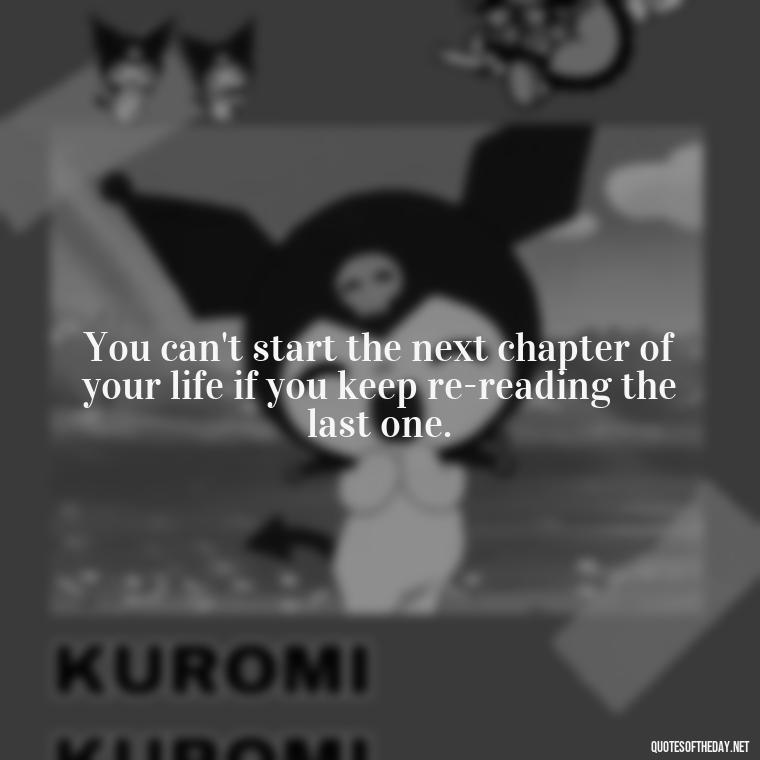
You can’t start the next chapter of your life if you keep re-reading the last one.
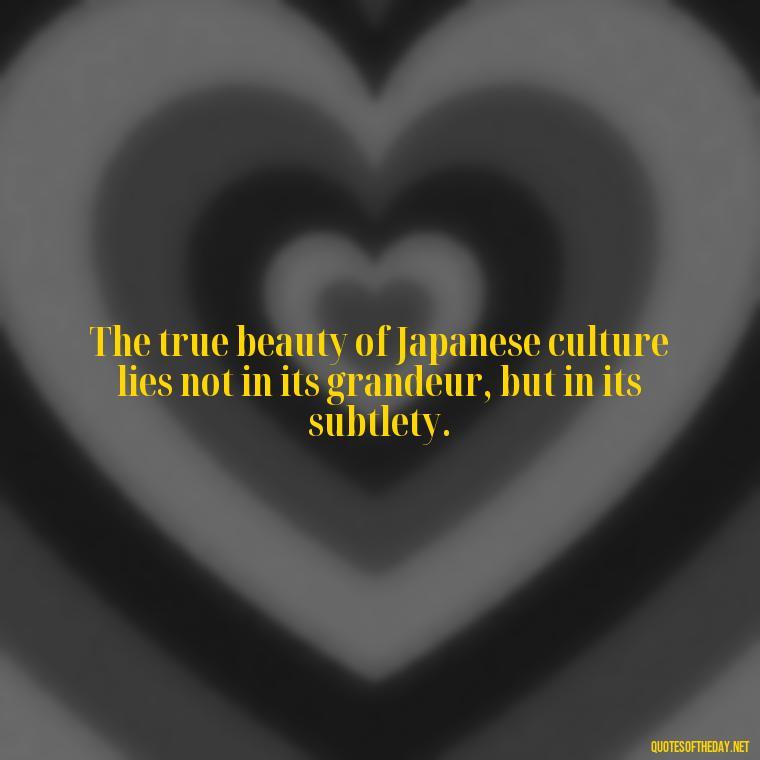
The true beauty of Japanese culture lies not in its grandeur, but in its subtlety.
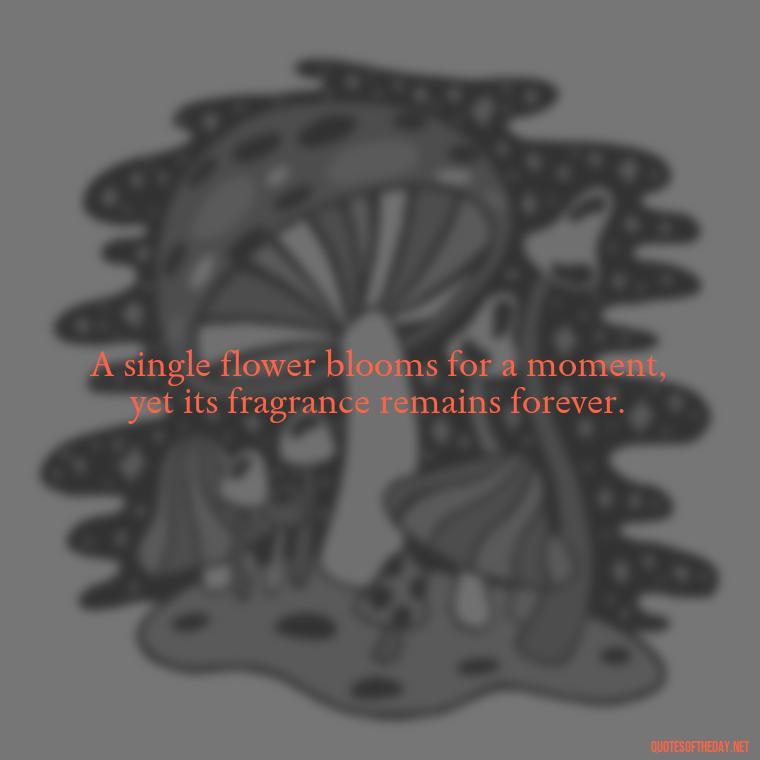
A single flower blooms for a moment, yet its fragrance remains forever.

Fall seven times, stand up eight. – Miyamoto Musashi

Do not compare yourself with others. Compare yourself with who you were yesterday.

The greatest glory in living lies not in never falling, but in rising every time we fall.
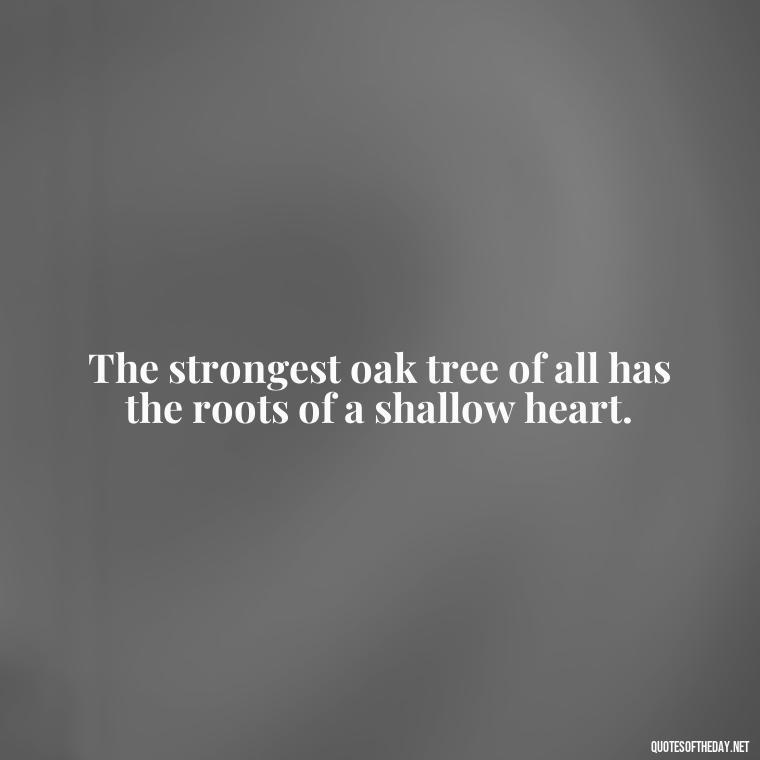
The strongest oak tree of all has the roots of a shallow heart.

Believe you can and you’re halfway there.

Don’t watch the clock, do what it does. Keep going. – Sam Levenson

You don’t have to be great to start, but you have to start to be great.

The best way out is always through. – Robert Frost
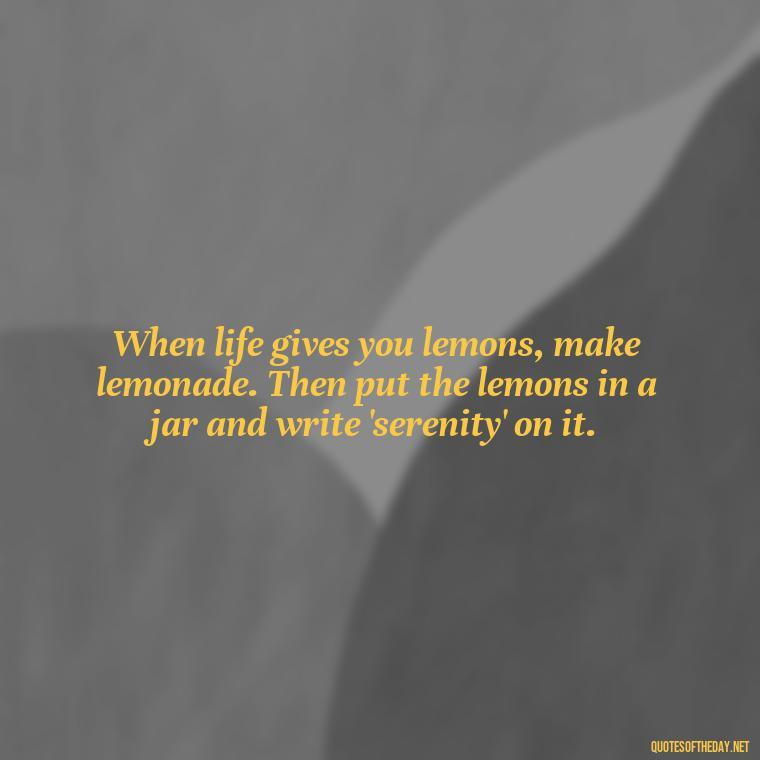
When life gives you lemons, make lemonade. Then put the lemons in a jar and write ‘serenity’ on it.

The only way to do great work is to love what you do. – Steve Jobs

You are never too old to set another goal or to dream a new dream. – C.S. Lewis

The future belongs to those who believe in the beauty of their dreams. – Eleanor Roosevelt

You are not in the game to win, you are in the game because it is your game.

I have not failed. I’ve just found 10,000 ways that won’t work. – Thomas Edison

The biggest risk is not taking any risk… In a world that’s changing really quickly, the only strategy to succeed is to be adaptable…

When I let go of what others expect from me, I can finally be myself.

The only thing necessary for the triumph of evil is for good men to do nothing. – Edmund Burke

You don’t have to be a great artist to make something beautiful. Sometimes it’s just about being present.

Don’t let yesterday take up too much of today.
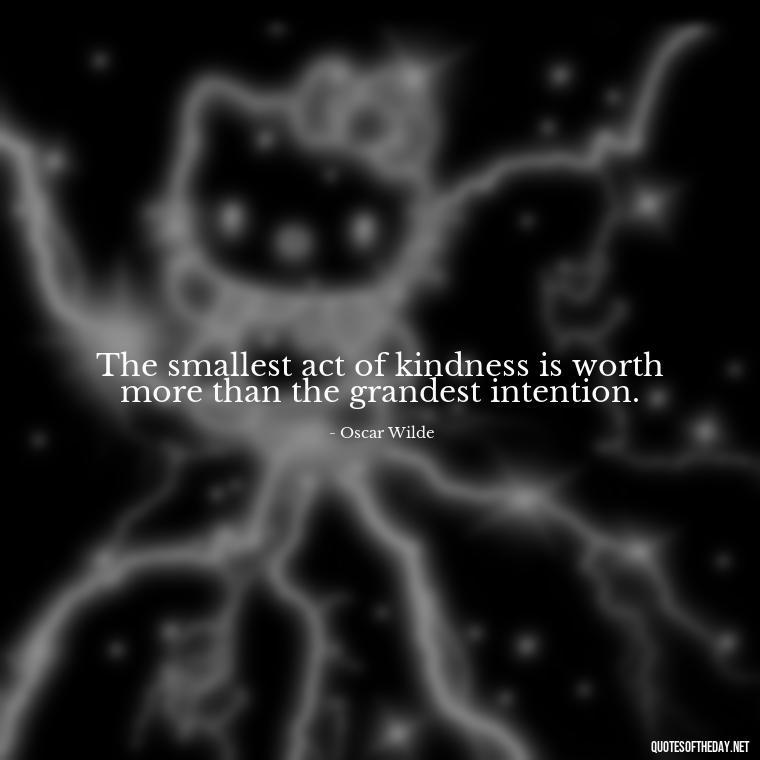
The smallest act of kindness is worth more than the grandest intention. – Oscar Wilde

You can do what I just did. You see, I’m not a person, I’m an idea.


